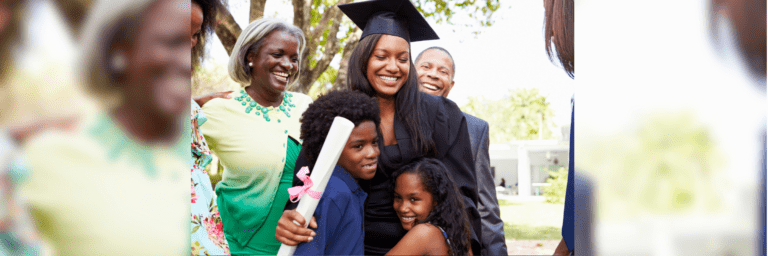New Framing Playbook: How to Talk About Two-Generation Approaches to Supporting Families
Have you ever felt that two-generation (2Gen)
approaches to building family wellbeing should be a no-brainer, but that key
audiences don’t quite “get it”? You’re not alone.
To pinpoint the communications challenges that
come with 2Gen territory, analysts at the FrameWorks Institute compared what we
say to how Americans think, identifying places where there’s likely to be a
disconnect. The result is a recommendation for a major frame shift – from a
narrow focus on service delivery to a broader narrative about human development
– and specific ways to execute that shift.
Ascend and the FrameWorks Institute are pleased to share a playbook and messaging guide to support practitioners, systems leaders, policymakers, advocates, and families in talking about a two-generation approach. It offers guidance on how to make intentional choices about where to start, what to emphasize, and what to leave unsaid.
We now have two videos to supplement your learning and sharing this information with others: Check out the short video primer that talks about why framing is so important, and a webinar that unpacks why 2Gen ideas are sometimes hard to get across, what reframing needs to accomplish, and new talking points that can help. We were joined by Julie Sweetland, senior advisor at the FrameWorks Institute, for the video and webinar.
The history of social movements shows that when advocates across organizations adopt, echo, and amplify more effective frames on their topic, the issue builds momentum and change ensues. Please read and share these materials and insights with your networks so we can all shift the narrative together!
Related Posts



